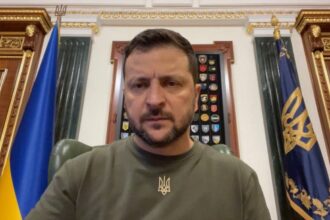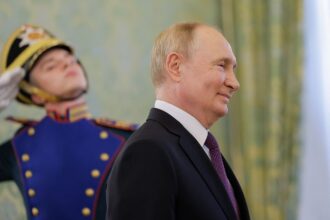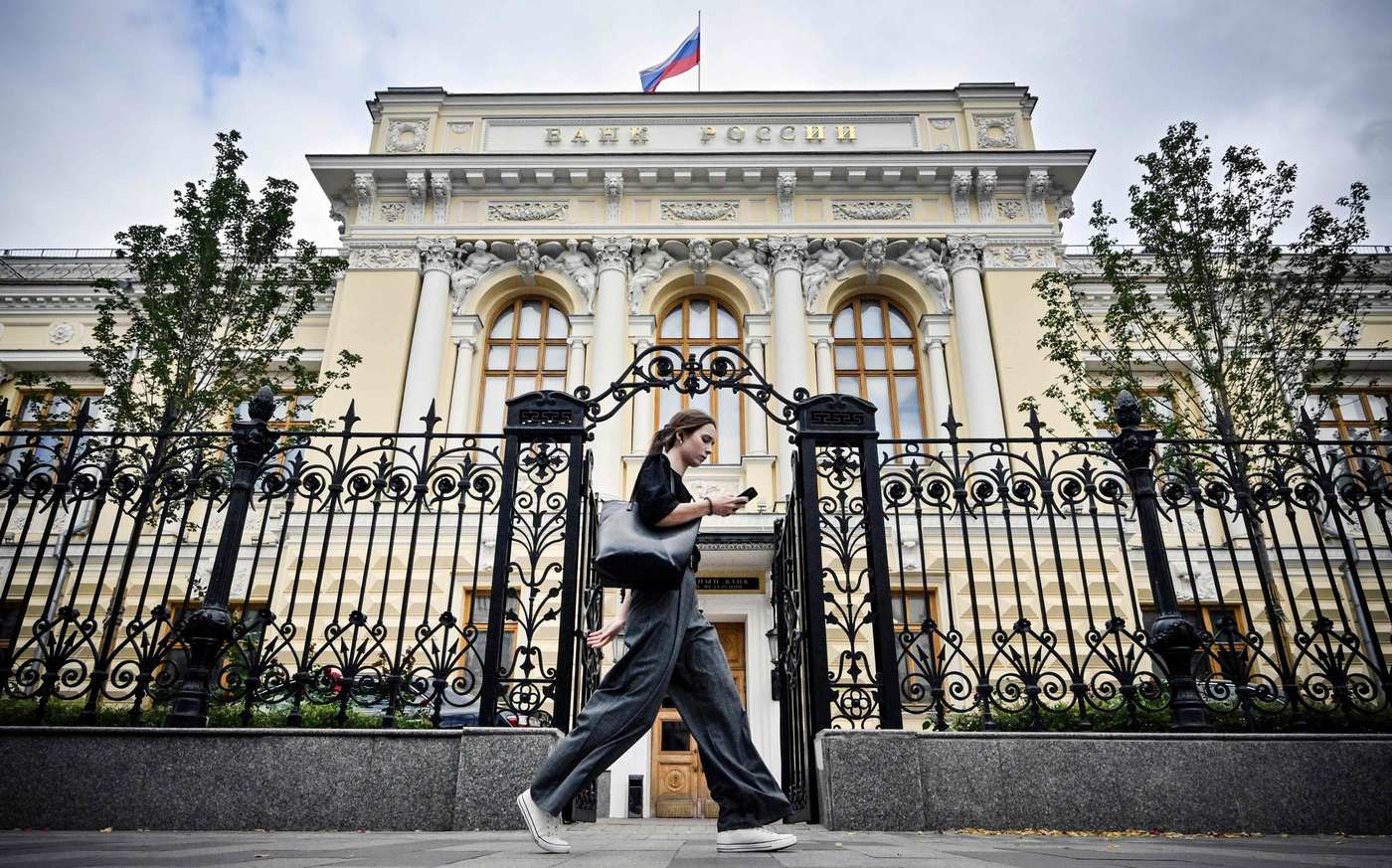Russia’s Luxury Goods Market Thrives Despite Sanctions
Despite EU sanctions, Russia’s wealthy elites continue to get their hands on Western luxury goods. Personal shoppers and cross-border resellers are helping Russians bypass restrictions by buying high-end items at discounted prices in countries without strict regulations.
The market is thriving, with social media platforms filled with resellers who offer discreet methods for sidestepping sanctions. Customs records show that trade has been rerouted through middlemen in third countries where there are no such restrictions. For example, over 300 Bottega Veneta handbags were shipped to Russia from Dubai via a Chinese reseller.
Some luxury brands and Russian importers have adapted their strategies to comply with the EU’s sanctions thresholds. As a result, nearly half of Western designer brands operating in Russia in early 2020 remain available, with new collections regularly entering the market.
A boom in intermediary businesses has been sparked by the sanctions. One Italian-based buyer said he sends 10-20 packages weekly to Russia and earns up to €6,000 in commissions. He claimed that many shops don’t care where the products are going as long as they sell them.
Western brands could be held accountable for violating export controls if their products are found in Russia. Some have launched “capsule collections” priced to align with Russian sanctions limits.
Experts warn that the continued flow of luxury goods into Russia is helping to bolster Putin’s regime. They also note that public cases of sanctions circumvention decrease the general leverage of sanctions against Russia.
While export controls have mainly impacted middle-class shoppers, who now avoid luxury items due to high resale prices, rich Russians continue to access Western products through fashion buyers.













